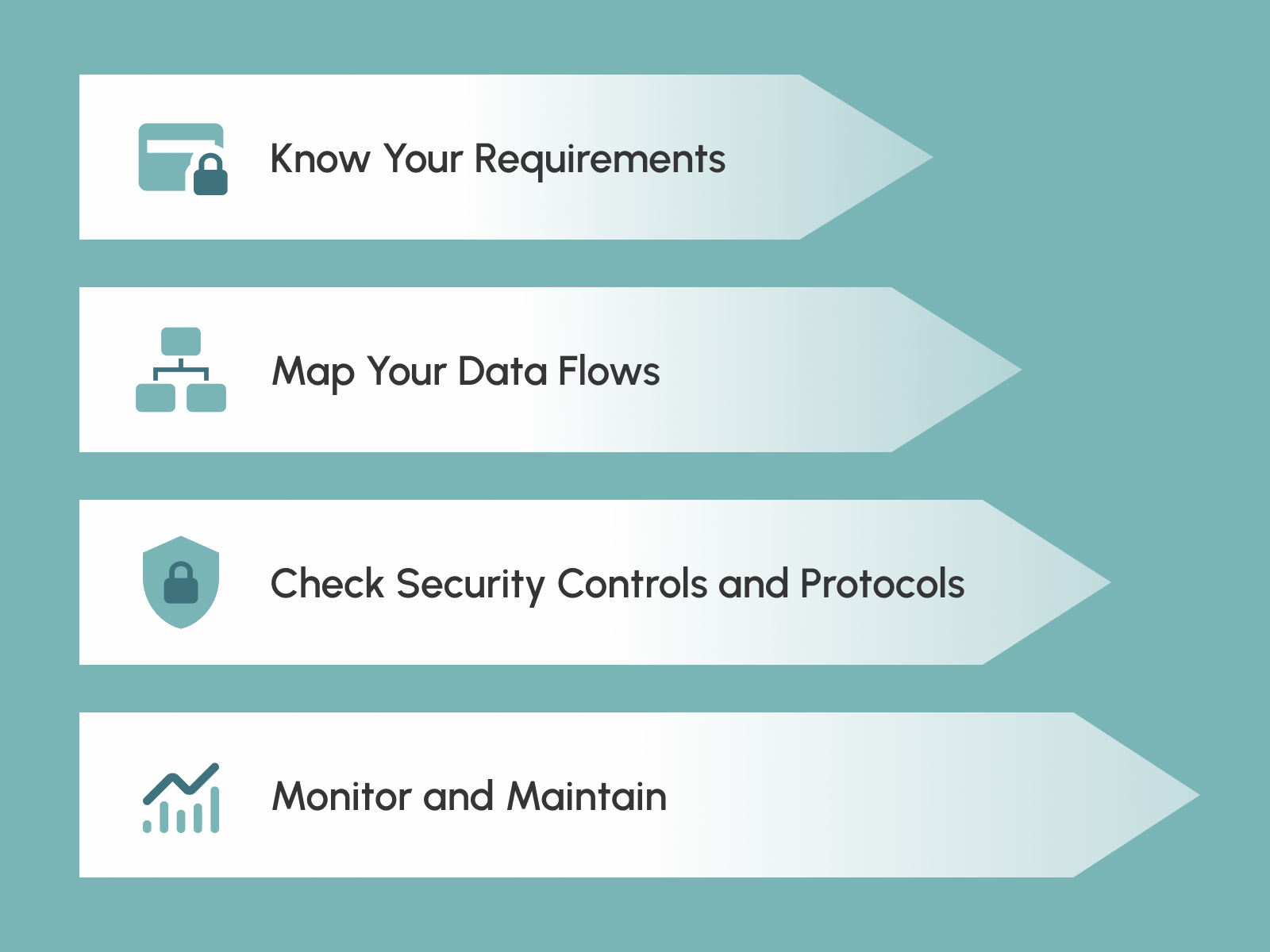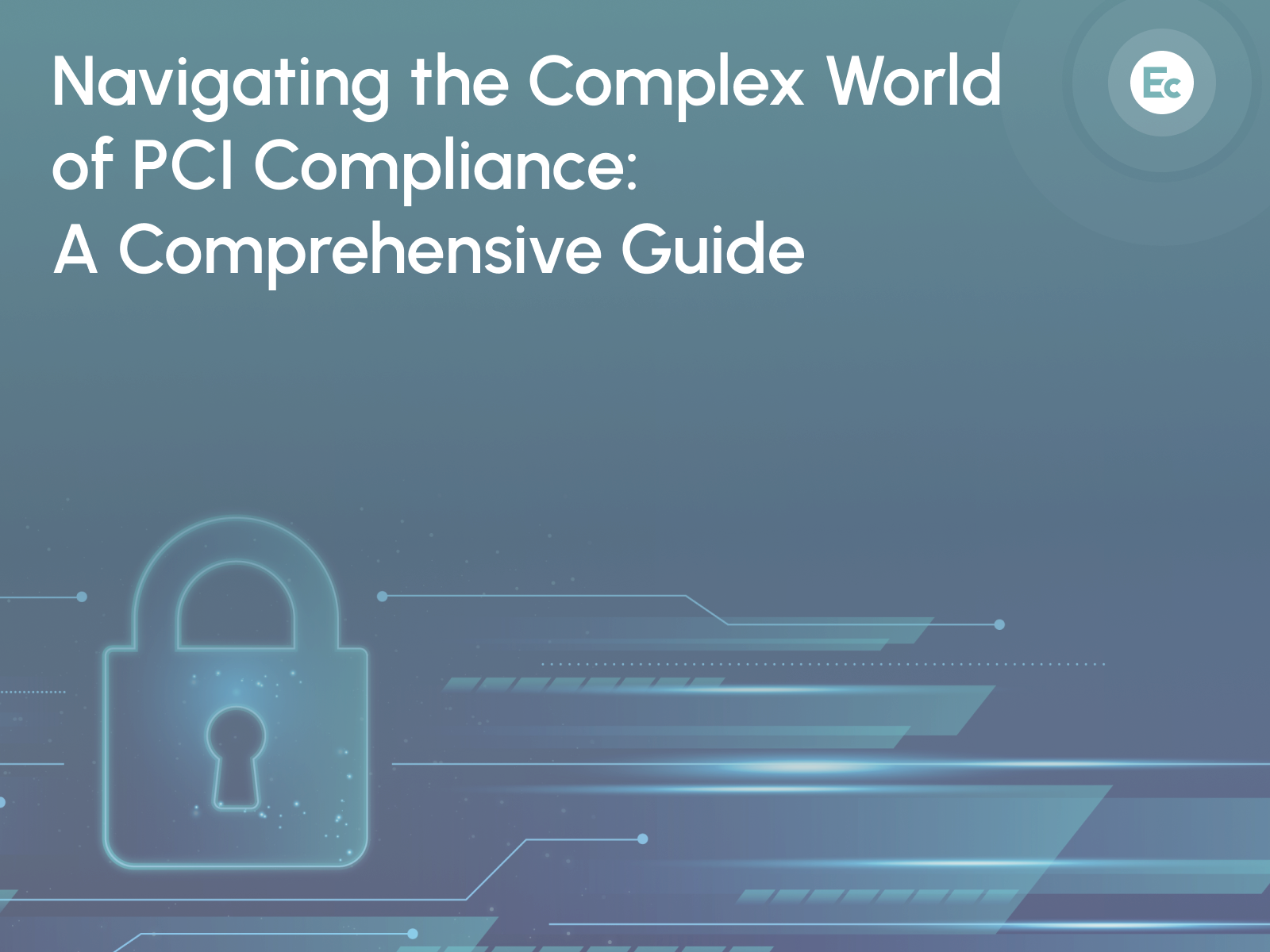In today's digital age, where data breaches are becoming increasingly common, safeguarding consumer data has never been more critical. Since 2005, over 11 billion consumer records have been compromised from over 8,500 data breaches, highlighting the pressing need for robust data security measures. To address this challenge, the Payment Card Industry Security Standards Council (PCI SSC) was established in 2006, aiming to enhance the safety of consumer data and build trust in the payment ecosystem through the implementation of the PCI Data Security Standards (PCI DSS).
Understanding PCI DSS
PCI DSS serves as the global security standard for entities that store, process, or transmit cardholder data, setting a baseline level of protection for consumers and reducing fraud and data breaches across the payment ecosystem. However, comprehending PCI DSS can be daunting due to its complexity, with over 300 security controls spread across more than 1,800 pages of documentation.
Navigating PCI Compliance

To facilitate the validation and maintenance of PCI compliance, businesses must follow a systematic approach:
1. Know Your Requirements: Determine your compliance level based on the volume of credit card transactions processed annually, ranging from Level 1 for organizations processing millions of transactions to Level 4 for those with fewer transactions.
2. Map Your Data Flows: Create a comprehensive map of systems, network connections, and applications that interact with credit card data to identify potential vulnerabilities and access points.
3. Check Security Controls and Protocols: Ensure that appropriate security configurations and protocols, such as encryption and access control measures, are implemented to protect cardholder data.
4. Monitor and Maintain: PCI compliance is an ongoing process requiring continuous monitoring and maintenance to adapt to evolving threats and changes in business operations.
1. Know Your Requirements: Determine your compliance level based on the volume of credit card transactions processed annually, ranging from Level 1 for organizations processing millions of transactions to Level 4 for those with fewer transactions.
2. Map Your Data Flows: Create a comprehensive map of systems, network connections, and applications that interact with credit card data to identify potential vulnerabilities and access points.
3. Check Security Controls and Protocols: Ensure that appropriate security configurations and protocols, such as encryption and access control measures, are implemented to protect cardholder data.
4. Monitor and Maintain: PCI compliance is an ongoing process requiring continuous monitoring and maintenance to adapt to evolving threats and changes in business operations.
How Stripe Simplifies PCI Compliance
Stripe, a leading payment processing platform, offers solutions that significantly simplify PCI compliance for businesses. By utilizing hosted payment fields and PCI DSS-validated servers, Stripe ensures secure handling of sensitive payment information, reducing the compliance burden for merchants. Epic Charging also provides robust solutions to streamline PCI compliance for businesses, offering secure payment processing options and advanced encryption protocols.
In conclusion
While PCI compliance is essential for safeguarding cardholder data, it is not a standalone solution. Businesses must adopt comprehensive security measures and leverage secure payment processing solutions like Stripe and Epic Charging to mitigate the risk of data breaches effectively. By proactively managing PCI compliance and embracing safer integration methods, organizations can enhance data security, build consumer trust, and safeguard their reputation in an increasingly digital world.
Contact us to start your Epic EV charging journey.

